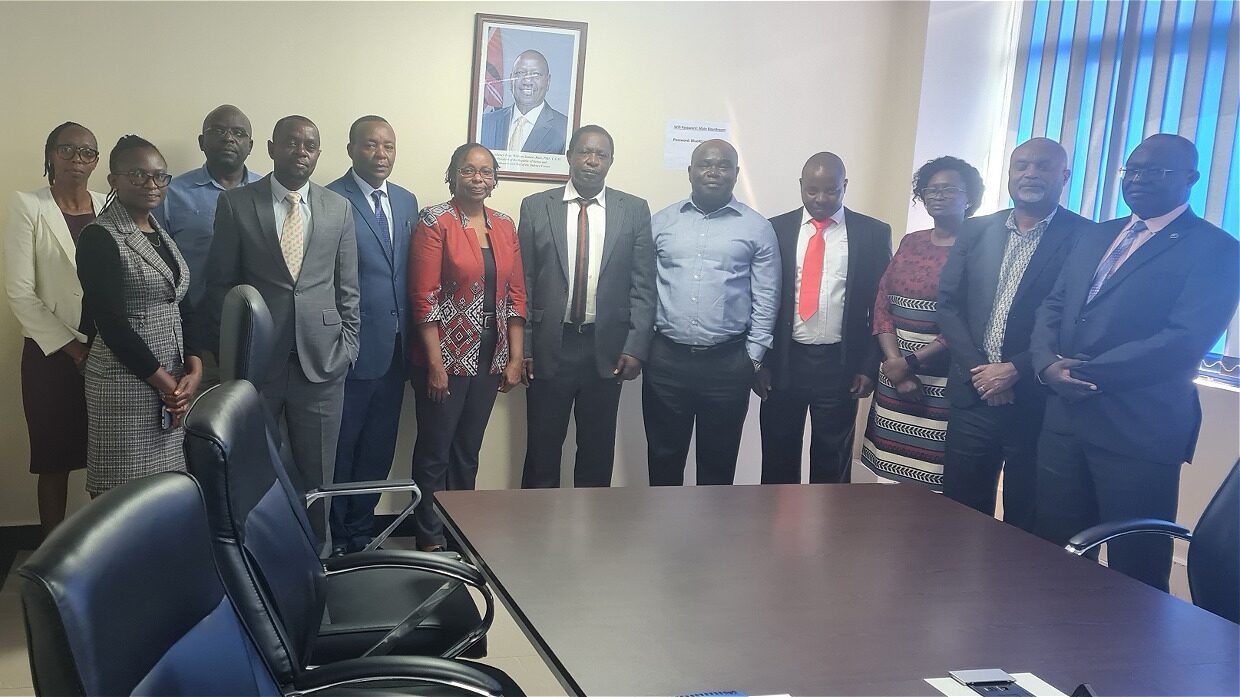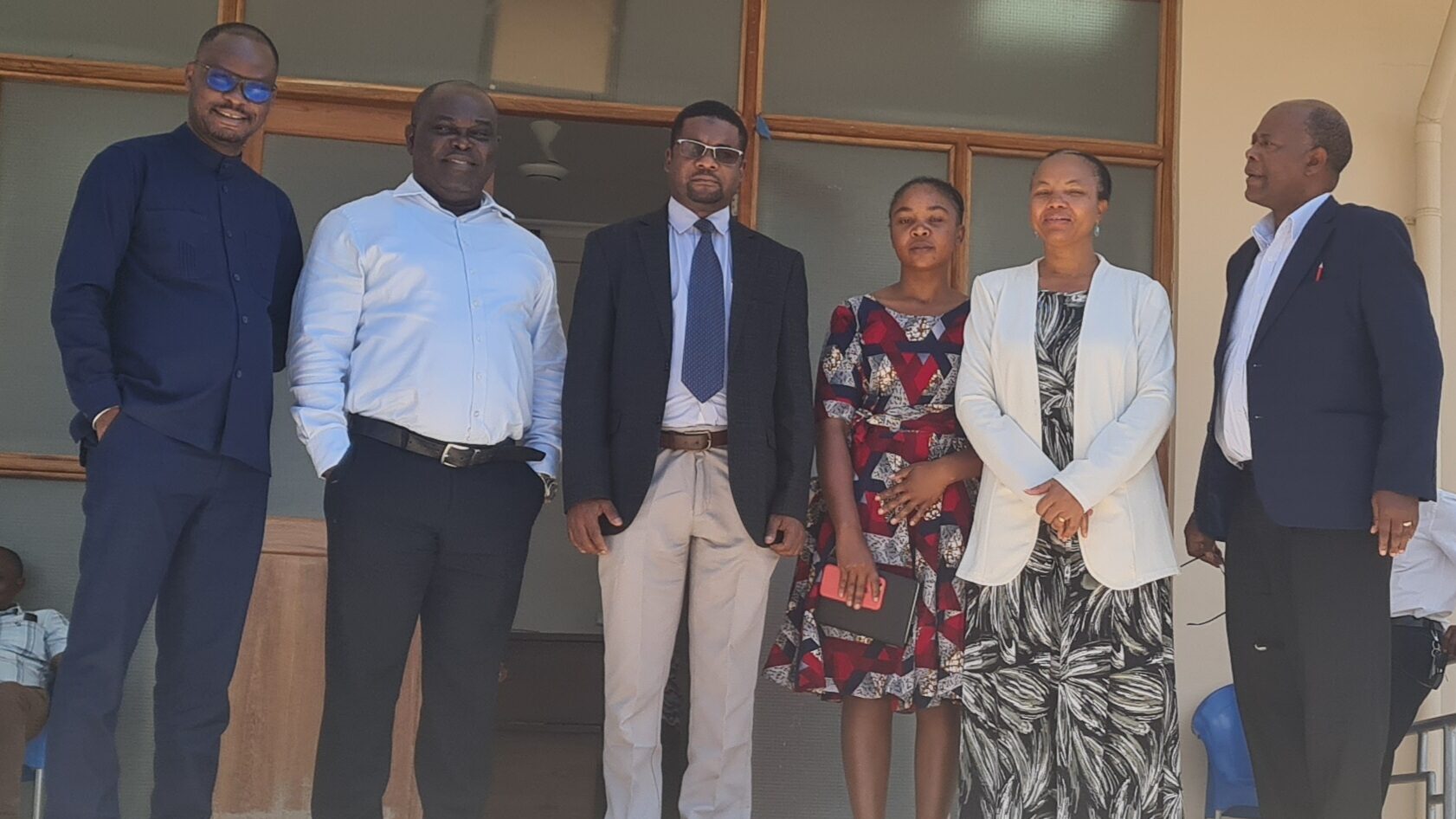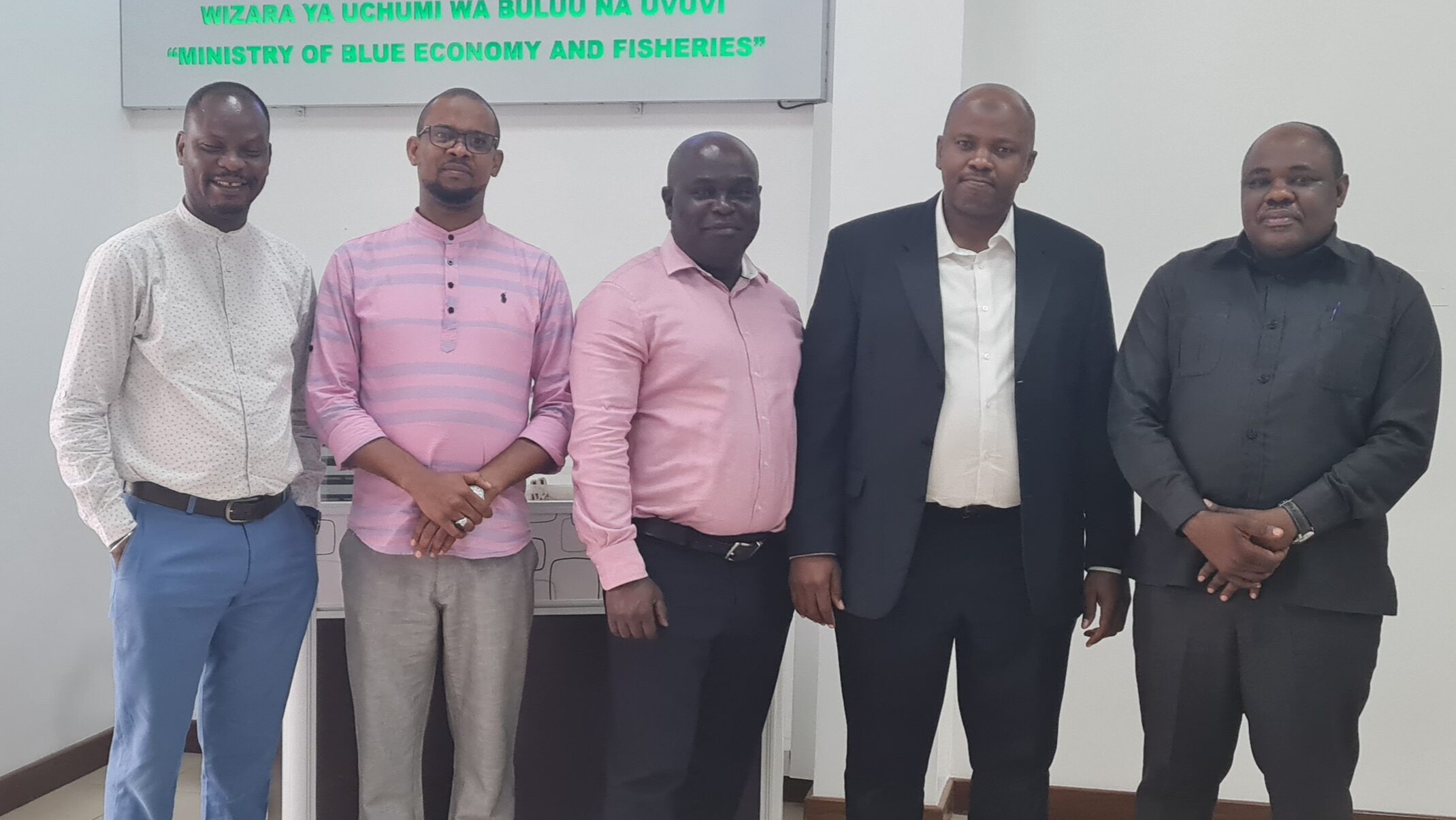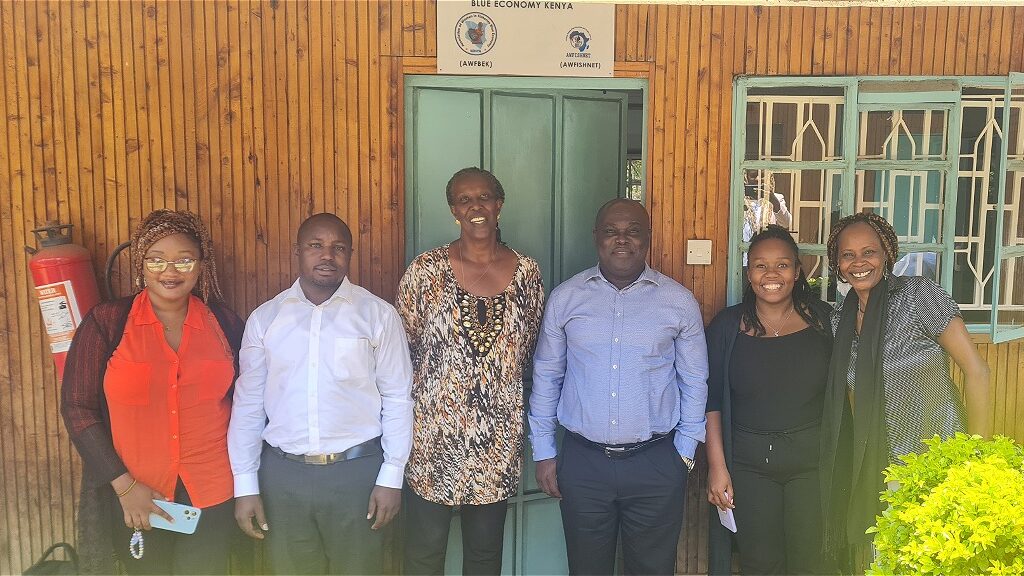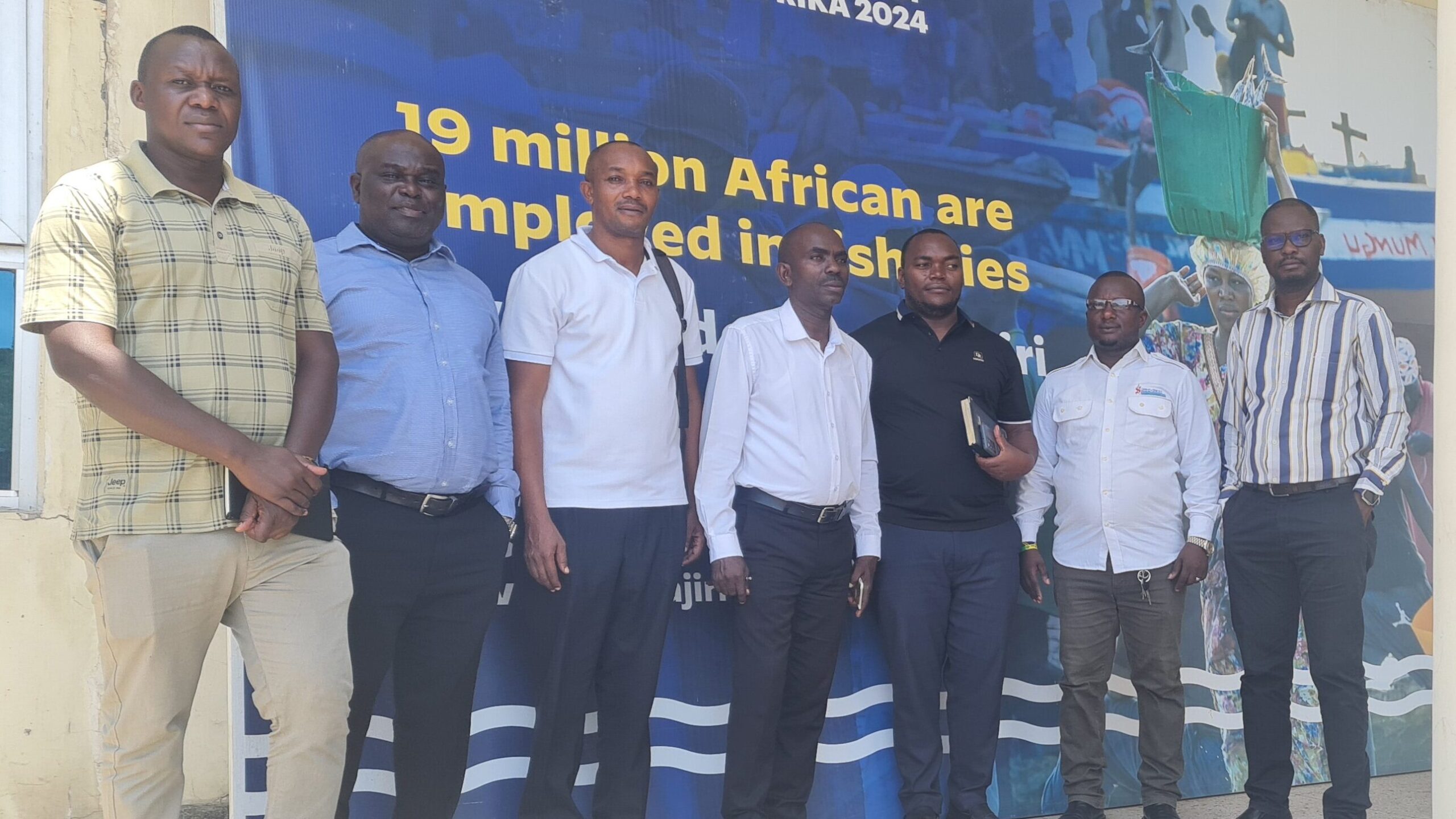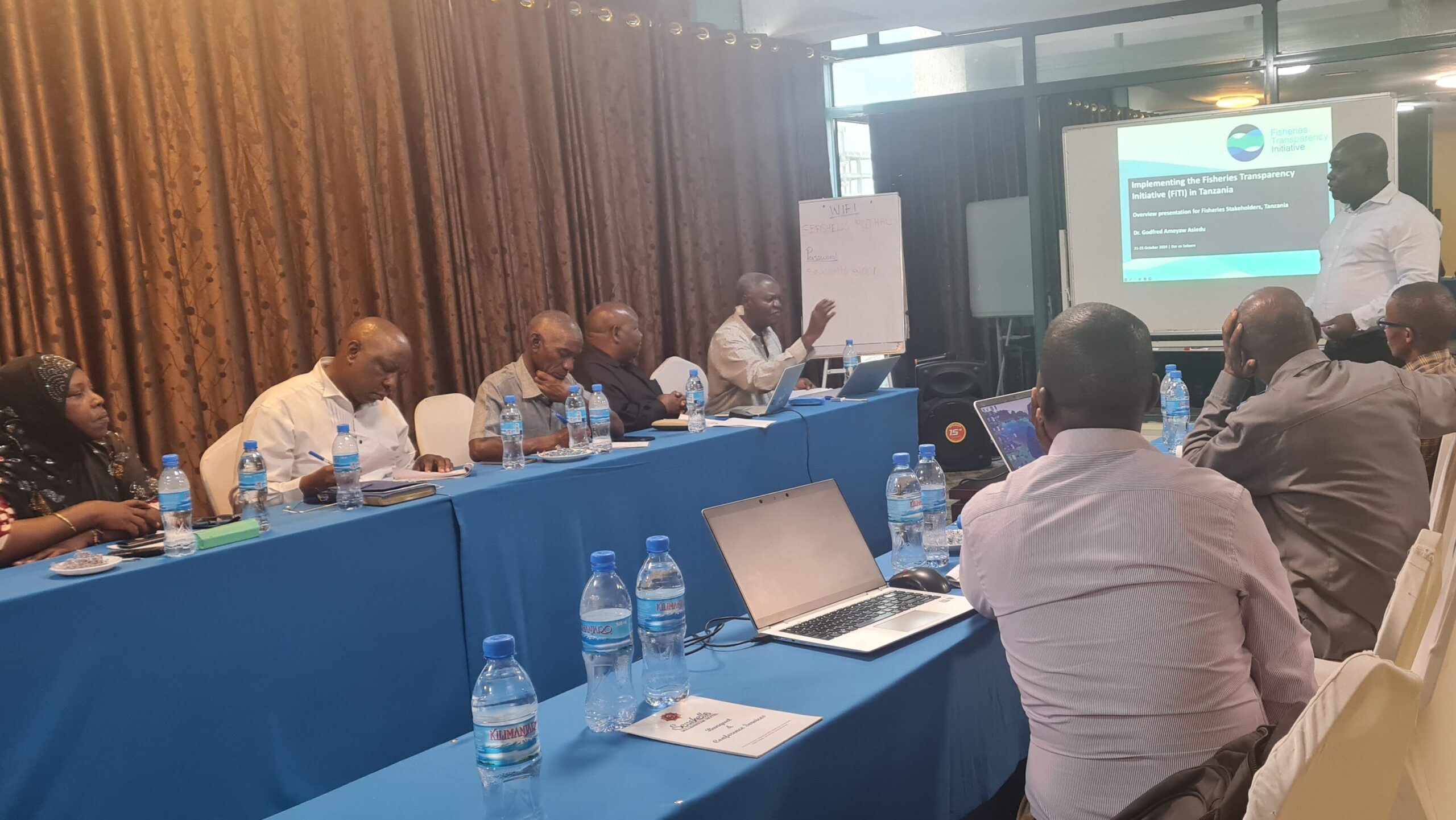Stakeholders in Tanzanian, Kenyan fisheries recognise need for improved transparency
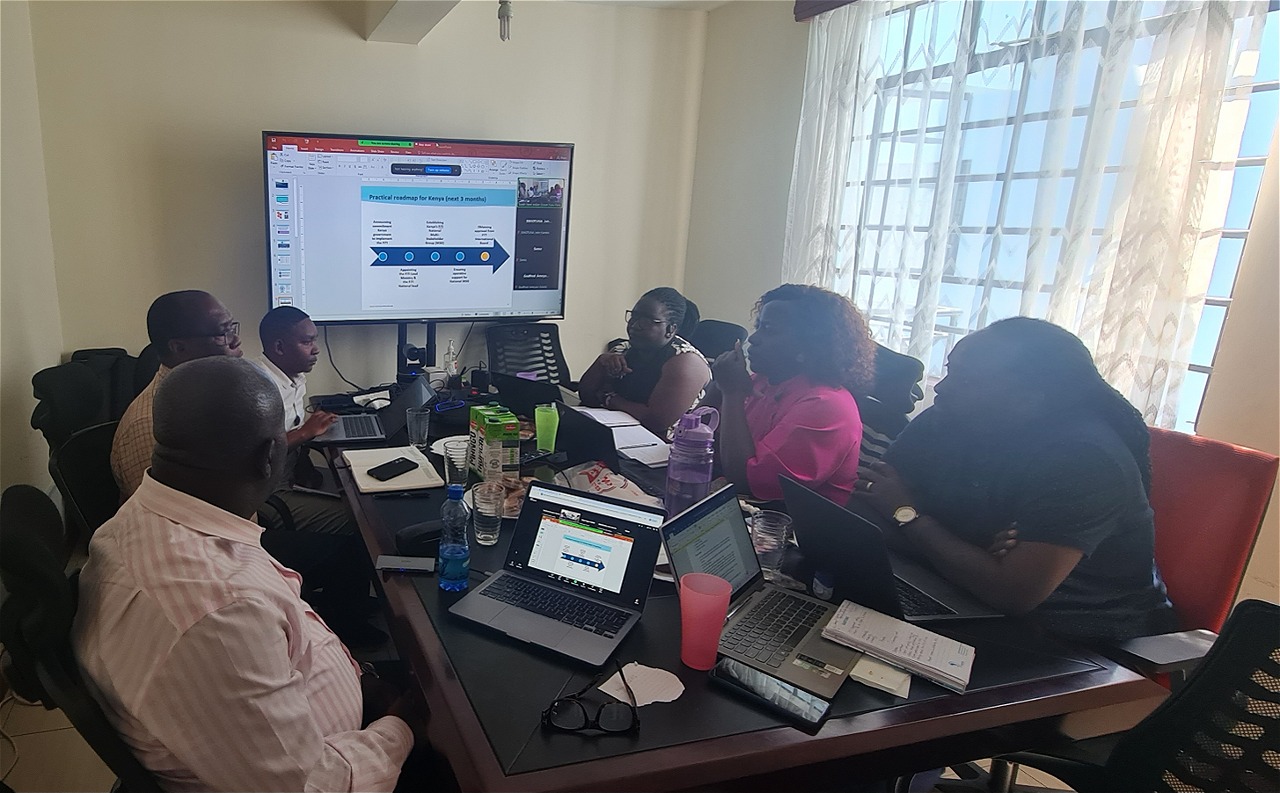
The Fisheries Transparency Initiative (FiTI) International Secretariat recently conducted a joint country mission to Kenya and Tanzania to build critical connections with stakeholders and authorities in these nations’ fisheries sectors. The FiTI’s Regional Coordinator for Anglophone Africa represented the FiTI International Secretariat during both missions.
Kenya
During the mission to Kenya, the FiTI International Secretariat participated in a regional tuna fisheries management and transparency workshop to update government, civil society and private sector marine fisheries stakeholders on FiTI’s work and discuss the potential for Kenya to join the FiTI.
The International Secretariat stressed the need for transparency in sustainable fisheries management and introduced participants to the FiTI Standard, key FiTI principles, benefits of implementing the FiTI, roadmap for FiTI implementation in Kenya, FiTI National Multi-Stakeholder Groups (NMSG), FiTI implementation costs and support from the FiTI International Secretariat. Afterwards, the FiTI Regional Coordinator for Anglophone Africa addressed stakeholders’ questions and concerns regarding the benefits and challenges of implementing the FiTI.
The FiTI International Secretariat also met with key institutions – including the State Department for the Blue Economy and Fisheries, the Kenya Marine Fisheries Service, the Kenya Fishing Market Authority and the Kenya Marine and Fisheries Research Institute, the South West Indian Ocean Tuna Forum (SWIOTUNA) and the Tuna Fisheries Alliance of Kenya – to explore opportunities to develop an enabling environment for commitment and implementation of the FiTI in Kenya.
Government, civil society and private sector fisheries stakeholders demonstrated willingness to implement the FiTI and agreed that transparency was key to improving fisheries management in Kenya.
Kenya’s State Department of the Blue Economy and Fisheries provided technical and logistical support during the mission, and facilitated meetings with government officials, civil society and private sector players in the fishing industry in Kenya.
Tanzania
The FiTI International Secretariat also met with authorities and stakeholders in Tanzania and Zanzibar, again presenting on the need for transparency in sustainable fisheries management and introduced participants to the FiTI Standard, key FiTI principles, benefits of implementing the FiTI, roadmap for FiTI implementation in Kenya, FiTI National Multi-Stakeholder Groups (NMSG), FiTI implementation costs and support from the FiTI International Secretariat. Afterwards, the FiTI Regional Coordinator for Anglophone Africa also addressed questions and concerns on the benefits and challenges of implementing the FiTI.
Government, civil society and private sector stakeholders embraced the benefits of implementing the FiTI, recognising that transparency is key to improving fisheries governance. Public authorities in Dodoma and Zanzibar also indicated their intention to join the FiTI in the near future.
WWF-Tanzania provided technical and logistical support during the mission, and facilitated meetings with government officials, civil society and private sector players in the fishing industry in Tanzania.
By strengthening collaboration with organisations like WWF-Tanzania and SWIOTUNA, the FiTI will continue to support and engage stakeholders in Kenya and Tanzania as they develop a path towards implementation of the FiTI.
